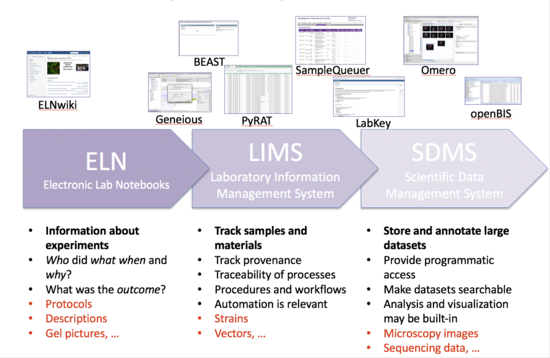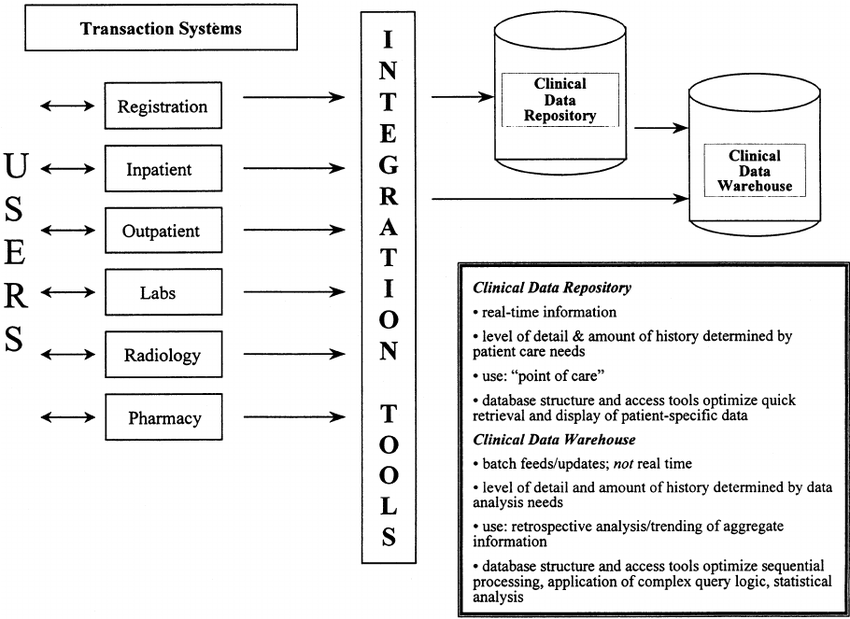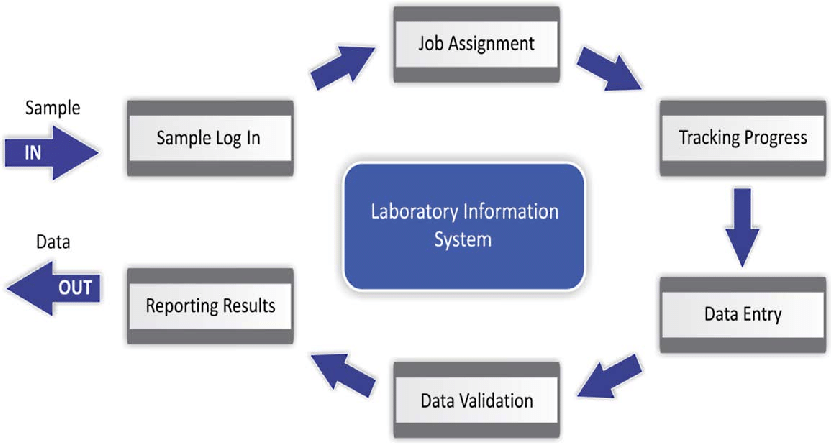The digital revolution has transformed laboratory research. From electronic lab notebooks to automated data acquisition systems, technology plays a vital role in generating vast quantities of scientific data. However, effectively managing this data is critical for ensuring its accuracy, security, and accessibility for future analysis and collaboration. This blog explores key practices to navigate the digital landscape of laboratory data management.
1. Standardization and Data Integrity
Challenge:
Inconsistent data formats, incomplete entries, and lack of documentation compromise data integrity and hinder analysis.
Solution:
- Standardize data formats: Encourage researchers to adopt standardized file formats (e.g., comma-separated values (.csv), Excel spreadsheets (.xlsx)) for data entry.
- Implement electronic lab notebooks (ELNs): ELNs provide a central platform for recording data electronically, minimizing transcription errors and ensuring data traceability.
- Enforce data entry protocols: Establish clear guidelines for data entry, including mandatory fields and consistent terminology.
2. Prioritizing Data Security and Access Control
Challenge:
Sensitive lab data requires robust security measures to prevent unauthorized access and breaches.
Solution:
- Implement access control systems: Grant access to data based on user roles and specific research needs.
- Encrypt sensitive data: Utilize encryption tools to safeguard confidential information.
- Regular data backups: Conduct regular data backups to a secure location to ensure data recovery in case of system malfunctions.
3. Fostering Data Sharing and Collaboration
Challenge:
Traditional data sharing practices haven't always been efficient, hindering collaboration and reproducibility.
Solution:
- Utilize data repositories: Encourage researchers to deposit data in public repositories such as the National Institutes of Health (NIH) National Institutes of Health Common Data Repository to facilitate data sharing and reproducibility.
- Develop data management plans (DMPs): DMPs outline how data will be collected, stored, and shared, promoting transparency and collaboration.
- Explore data sharing platforms: Investigate platforms specifically designed for secure and controlled data sharing within research communities.
4. Invest in Training and Education
Challenge:
A lack of understanding regarding best practices for data management can lead to errors and inefficiencies.
Solution:
- Provide training programs: Equip researchers with the knowledge and skills necessary for effective data management. Training can cover topics such as data formatting, ELN usage, and data security protocols.
- Promote a culture of data stewardship: Encourage researchers to view themselves as stewards of valuable data, responsible for its integrity and accessibility.
5. Leverage Technology Solutions
Challenge:
Manual data management can be time-consuming and prone to errors.
Solution:
- Explore laboratory information management systems (LIMS):LIMS can automate data collection, analysis, and reporting, improving efficiency and reducing errors.
Utilize data visualization tools:
Data visualization tools can help researchers interpret and communicate complex data sets more effectively.
By adhering to these best practices, laboratories can build a robust data management foundation in the digital age. This foundation will ensure the accuracy, security, and accessibility of valuable research data, ultimately leading to more efficient, collaborative, and impactful scientific discoveries.
Watch this video to learn more:


